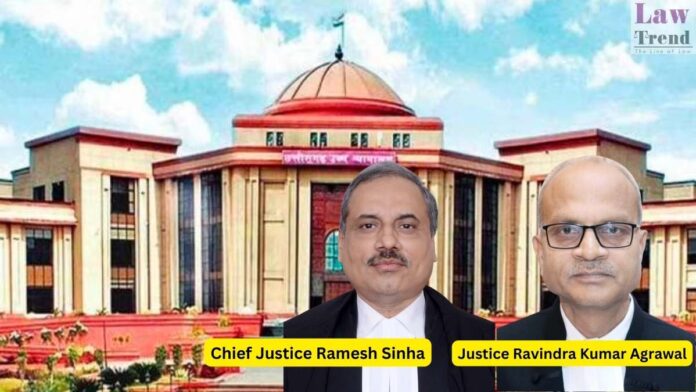The Chhattisgarh High Court, in a significant ruling, has emphasized that a confession made by one accused cannot be used as the sole basis for convicting co-accused individuals unless corroborated by independent evidence. The judgment, delivered by a division bench comprising Chief Justice Ramesh Sinha and Justice Ravindra Kumar Agrawal, set aside the convictions of
To Read More Please Subscribe to VIP Membership for Unlimited Access to All the Articles, Download Available Copies of Judgments/Order, Acess to Central/State Bare Acts, Advertisement Free Content, Access to More than 4000 Legal Drafts( Readymade Editable Formats of Suits, Petitions, Writs, Legal Notices, Divorce Petitions, 138 Notices, Bail Applications etc.) in Hindi and English.




